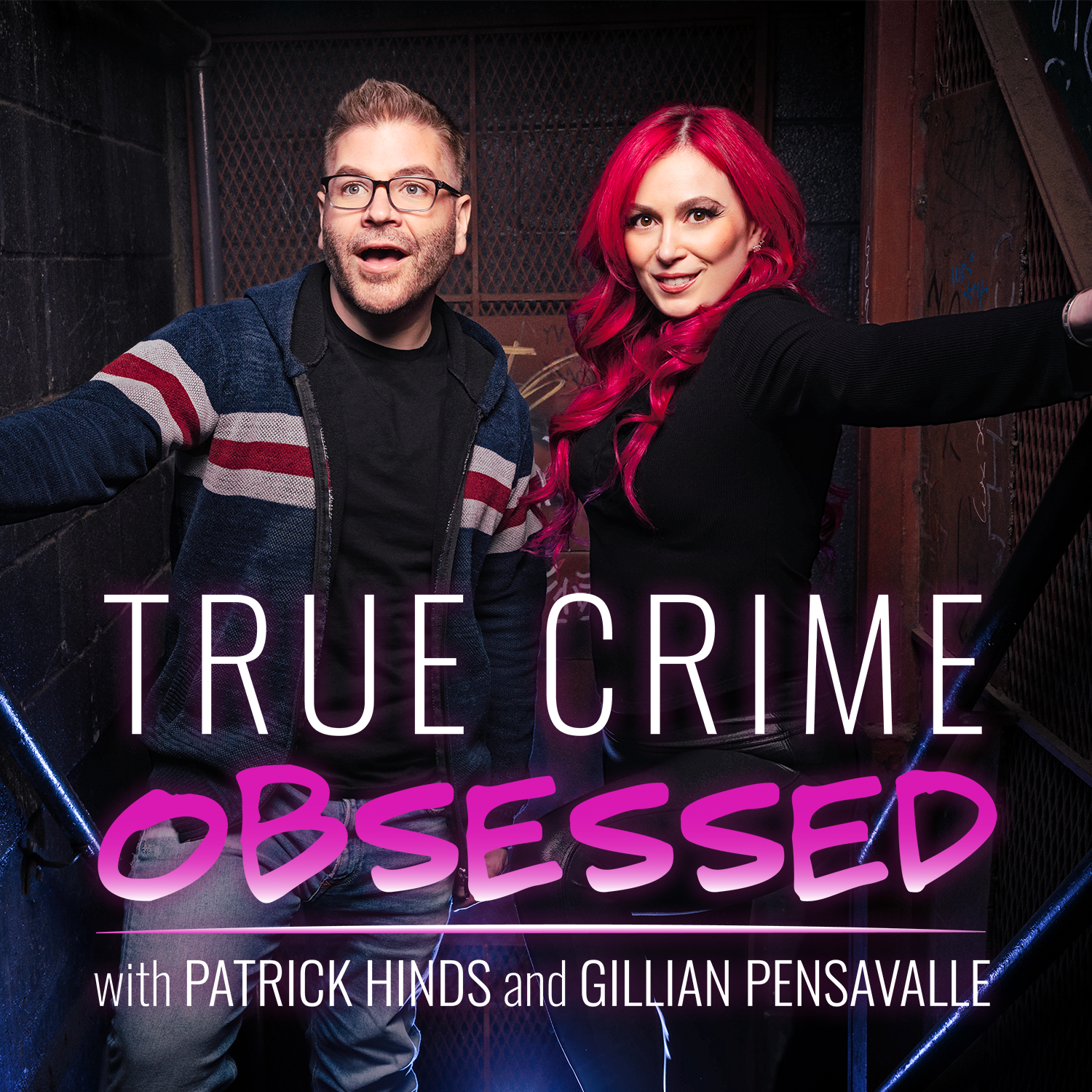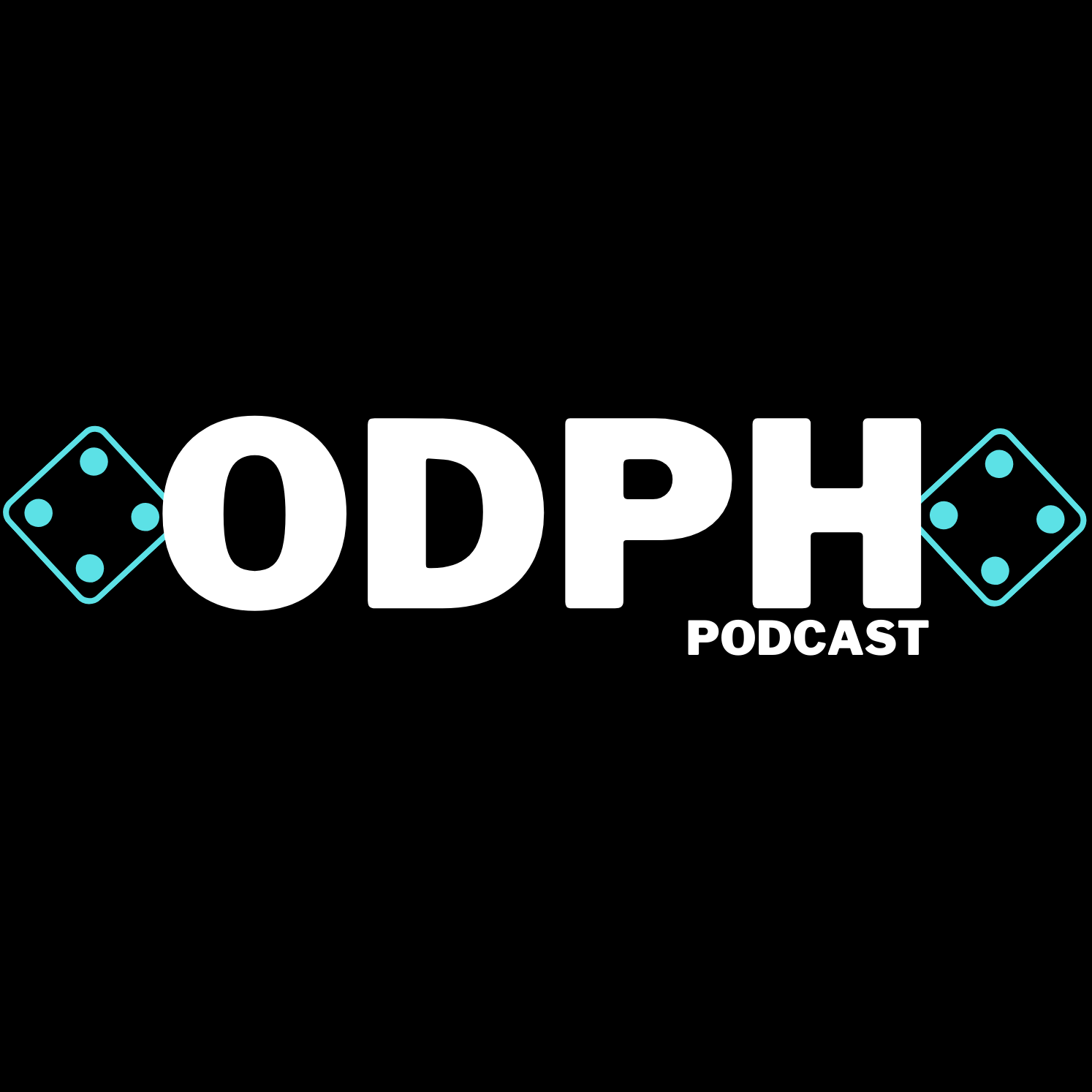Ep 161: Keys to Beating Low Energy (Without Sleeping More!)
Dr. Steven R. Gundry, author of The Energy Paradox and The Plant Paradox, gives us insight into what the science says is slowing us all down, fogging up our brains, and making us look downright lazy. Surprisingly, the answer isn’t simply to get more sleep.If you've enjoyed Talking to Teens, we'd love if you could leave us a five-star rating, and if you have time, a review! Full show notesIt feels like these days, we’re all a little more tired than we’d like to be! We pour ourselves an extra cup of coffee in the afternoon, feed our kids nutritious meals to give them a boost, and declare an early bedtime...but none of it seems to help! You and your kids might feel bogged down by 3 PM, or struggle to finish a basic to-do list. We’re trying to take care of ourselves, so why are we feeling so exhausted?Turns out, the answer is a lot more complicated than you might think–and it’s based in sophisticated nutrition science. Your body’s natural processes have been interrupted by our society’s agricultural and medical practices, and it might be causing you to have a fraction of the energy you once had! The chemicals in your food and the prescriptions you’re taking may be doing more harm than good when it comes to creating a happier, healthier life for yourself and your kids.To shine some light on this energy deficiency, we’re sitting down with Dr. Steven Gundry! He’s a former cardiac surgeon and the author of several successful books on nutritional science, including his new book: The Energy Paradox: What to Do When Your Get-Up-and-Go Has Got Up and Gone. In this week’s episode, we’re diving into the mechanisms at play in our body’s digestion and immune systems–and what we’re doing that’s causing those mechanisms to get all kinds of messed up.Ever heard of a microbiome? We’re talking all about how this home for trillions of microorganisms inside your gut serves as the center of your body’s functions….and how our practices are rendering it ineffective. Plus, we’re getting into the real truth about fiber, and unpacking the nuances of metabolic flexibility to explain why we just can’t seem to stay energized.How We Mistreat Our MicrobiomeDid you know that you have trillions of little organisms inside your belly that regulate a huge number of your body’s processes? This is called your microbiome, and it’s an essential part of digestion, immunity, and brain function. Steven explains that we weren’t aware of these microorganisms until recently. Through a fascinating scientific study known as the Human Microbiome Project, we’ve discovered just how much we use the microbial organisms in our gut–and how many issues our diet and medicine are causing!One of the ways we defile this essential system is with antibiotics, says Steven. When we started prescribing them left and right, we didn’t realize that they were actively killing off the contents of our microbiome. It was only with the cutting edge research conducted by the Human Microbiome Project that we learned our mistake–and it’s only just now that we have to come to terms with the damage that’s been done, Steven explains. Plus, we feed antibiotics to all the animals we eat...meaning that those antibiotics are inside us too!Another culprit of this microbiome mistreatment is a chemical compound glyphosine, often referred to as “round up”, explains Steven. Glyphosine is used on most conventional crops to make them easier to harvest–even the products marked non-GMO! Doctors and researchers have found enormous amounts of this chemical compound in young people’s blood, simply from eating crops that have been exposed to it.According to Steven, Glyphosine changes our microbiome to create a syndrome sometimes referred to as “leaky gut” in which toxins “leak” though the lining of our bellies and into the bloodstream, causing inflammation. Plus, Glyphosine blocks the effects of Vitamin D and the adrenal hormone, causing us to be drained and fatigued!There are certain things that are good for our microbiome–and fiber is one of the most important. However, due to misinformation, you may be feeding your family the wrong type of fiber, causing harm to microorganisms instead!Finding the Right FiberAlthough we may not realize it, there are actually two different kinds of fiber: soluble and insoluble. Soluble fiber is the kind our microbiome likes….while insoluble causes serious damage! Even though we might think of grain or bran muffins as being full of healthy fiber, the insoluble fiber they contain actually makes them quite harmful to our microbiomes, as they can’t be broken down and absorbed. Even though we think we’re helping our kids stay healthy, we might not be giving them the fuel to power their bodies, Steven says.As Steven explains in the episode, a lot of the processed food we eat today is broken into simple sugars, protein and fats. This is in stark contrast to our grandparents’ diet of whole foods. Instead of sitting down to consume a potato or an apple, we’re far too often provided with candy, chips, or microwavable dinners which are, as Steven says, stripped of all fiber. Instead, they contain false flavorings to trick your body into thinking there is any fiber at all! Steven suggests reaching for asparagus, yam, artichoke, or avocado instead.Steven quips in the episode that we eat the foods we love, but the food doesn’t love us back! He explains that the food with the most fiber is often bitter food...in other words, bitter is better. In the episode, we go over some recipes from his popular title, The Plant Paradox Cookbook: 100 Delicious Recipes to Help You Lose Weight, Heal Your Gut, and Live Lectin-Free, that can make bitter food more enticing...and get you and your family the fiber they need.If we’re talking about digestion, it's important to discuss metabolic flexibility, says Steven. This is another area where our practices are causing some problems with our energy flow!Our Digestion is Damaged...And How It’s Hurting UsIn the episode, Steven and I discuss a process known as metabolic flexibility–or the way our bodies digest food gradually. The mitochondria, which can be found in our body’s cells, processes the food we eat, and typically sorts through sugars, proteins, and carbohydrates separately, Now, unfortunately, with our consumption of over processed foods, these components are all rushing to our mitochondria at the same time, causing it to get jammed and move about as smoothly as rush hour traffic! This clogged system is another reason why our energy may not be as high as we’d like, Steven explains.In the past, our body would transmit food to glucose, and then start running through the body’s stored fat for fuel. Because of the frequent consumption of processed foods, many of our bodies no longer have the capacity to do this! That’s why when people try to go without juice cleanses or try a keto diet, they find themselves starving. Their body can’t go more than two hours without eating food and adding new fuel to their system.Instead of regular snacking–which Steven says is certain to shorten your lifespan and make you more fatigued than ever, he suggests compressing your eating windows to last between six to eight hours. What does this mean exactly? We talk more in the episode about that! Here’s a hint: it’s much better than our conventional eating schedule at actually helping you lose weight!
# Types of FiberThe distinction between soluble and insoluble fiber, and their respective roles and effects on health and gut microbiota.

































